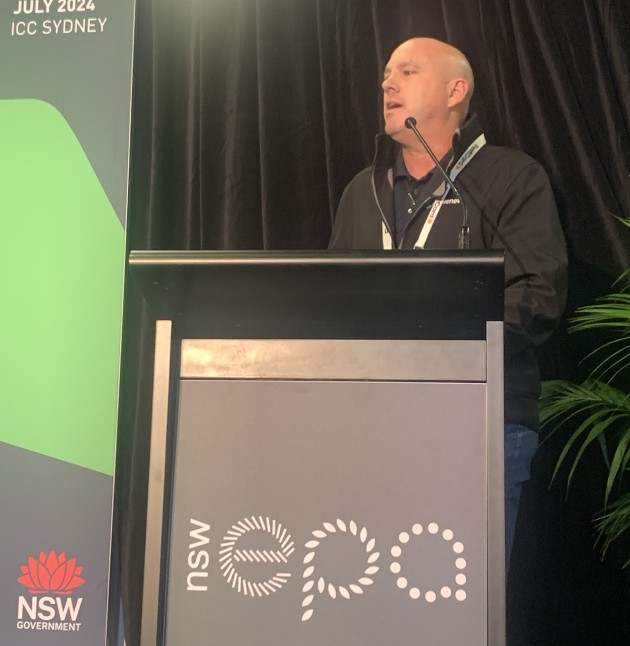The Soft Plastics Recycling Trailblazers session at the Australasian Waste & Recycling Expo brought together key figures in the industry to address the complexities and opportunities in recycling soft plastics.
Held at the ICC Sydney, the session examined innovative approaches and technological advancements shaping the future of soft plastics recycling in Australia.
Mike Ritchie, managing director at MRA Consulting Group, opened the discussion by addressing the low recycling rate of soft plastics in Australia, which stands at just 13-15 per cent. Ritchie talked about the challenges posed by the complexity of the plastic supply chain.
He noted, “Of the six million tonnes of packaging in the Australian economy, about one million tonnes is plastic, and half a million tonnes of that is soft plastics. The recycled content of flexible soft plastic is only one per cent, making it the laggard of plastics in recycling.”

Danial Gallagher, CEO and managing director at iQRenew, highlighted the company’s role in pioneering a full post-consumer recycling process for soft plastics. Gallagher detailed the advanced mechanical recycling techniques employed by iQRenew, including technology such as bouncing screens, magnets, eddy current separators, and near-infrared optical separators.
“We're looking forward to being able to work with Australian companies that want closed loop recycling. We are able to provide them with a very clean source separated material that will help them in their yields, product, and market growth,” said Gallagher.

Steve Morriss, head of circular economy at Close the Loop Group, spoke about the company's approach to managing complex recycling streams. Morriss explained that Close the Loop Group has successfully developed an additive from toner powder and tackled challenges associated with acquiring pure streams of LDPE and LLDPE.
"We were able to extract value from that complex stream in an external entity that has been used by over 60 councils and on a major state road project in Victoria. It is about to be used in Australia's largest national project," he said.

Andrea Polson, general manager, stakeholder engagement and communications at Licella, highlighted the potential of chemical recycling, also known as advanced recycling, to foster a circular economy for soft plastics. She stressed the importance of a systemic approach, including policy certainty and high-value markets, to address implementation barriers.
Polson left the audience with a thought on the future of soft plastics: "It is possible for a local circular economy for soft plastics if we look at our system, incentivise the behaviours needed, and invest in the facilities required. Collaboration and policy certainty will unlock investment and confidence," she said.
The panel underscored the critical need for innovative solutions and systemic changes to improve the recycling of soft plastics, aiming to advance towards a more sustainable and circular economy.






